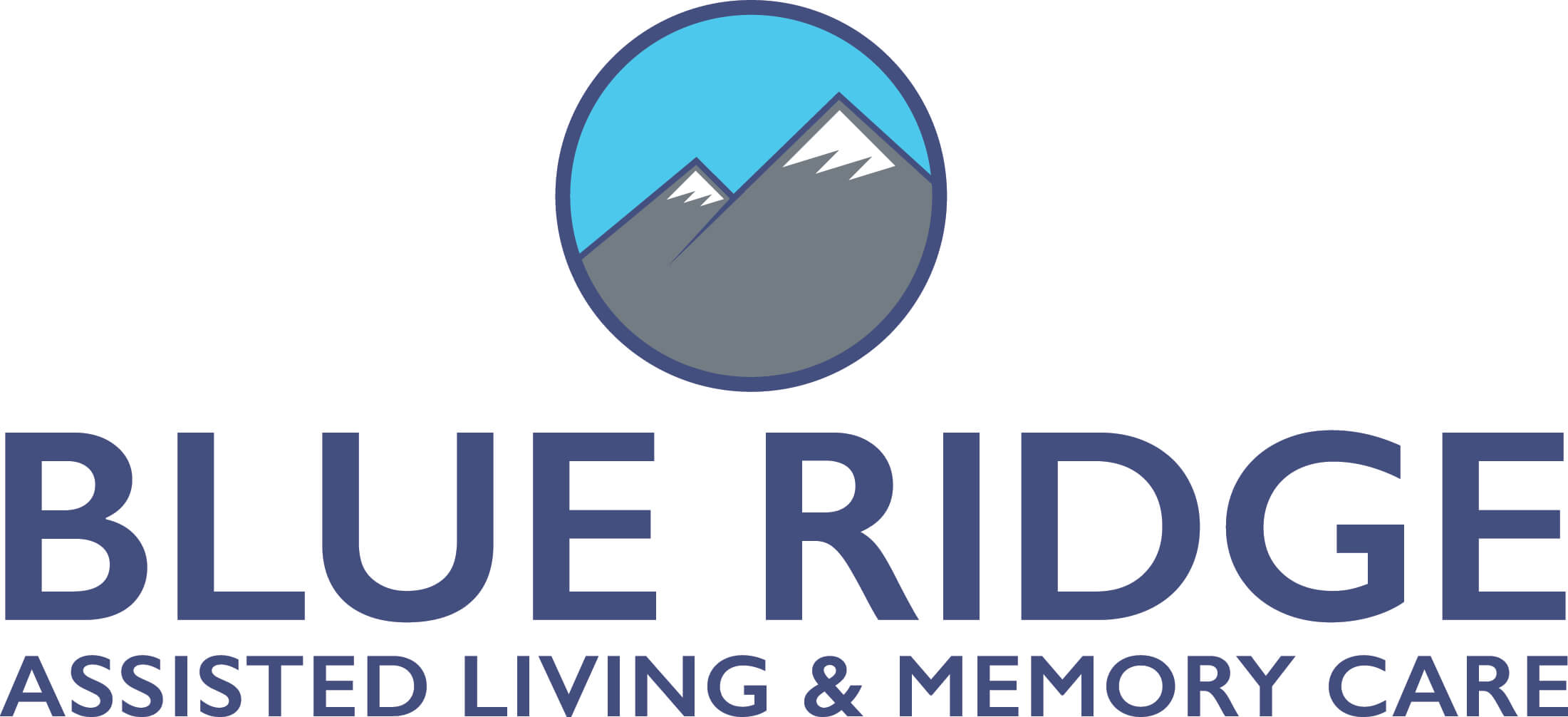It is a fact that age has a lot to do with the number on the scale. Just like varicose veins and crow’s you are more prone to weight gain beyond the age of 50. People tend to gain weight as they become older due to loss of muscle mass and less activity. People above 50 lose 5 to 10% of muscle mass every decade, resulting in resting metabolic rate falling by around 3 percent each time. This means you may eat exactly the same amount you did when you were 40 and still gain weight. As you age, developing arthritis or other mobility problems causes you to become more sedentary, which stimulates weight gain. Here are some ways to combat this issue.
Pack on the Protein
Protein supplementation helps with the regaining of muscle mass, therefore reversing the declining metabolism. You should get 30-40% of your daily calories from protein, taking body weight into consideration. You’ll also gain more muscle if your protein consumption is distributed evenly over the day. To balance your consumption, consider eating an egg or yogurt in the morning, adding a glass of milk or a handful of almonds to lunch, and cutting back on protein at dinnertime.
Get More High-Quality Sleep
Research has shown that obese or overweight individuals regularly receive less sleep than those with a normal weight. A lack of sleep results in your body producing more hunger-inducing hormones, such as the stress hormone cortisol and the appetite-stimulating ghrelin. In a study, older men above 67 who got less than five hours of sleep per night were about four times more likely to be obese than those who received between seven and eight hours. Having a consistent sleep schedule which includes getting up and going to bed at approximately the same time every day is also important.
Keep Fit and Lift More
Although all forms of exercise can help you lose weight, lifting weights at least twice a week can increase muscle mass, which will aid in weight loss. Exercises that build muscle, even if it’s as simple as using mild resistance bands or swimming in a pool, can boost your metabolism and help you burn calories. Strength training aside, improving your entire workout regimen is also effective. Going for exercise classes or working with a professional fitness instructor who can guide you is a great way to target problem areas and work out according to your specific state of health.
Develop Mindful Eating Habits
You may develop unhealthy eating habits due to stress, and meditation techniques can be beneficial in terms of both relieving anxiety and making you more aware of how much you’re eating. Pay attention to how hungry or full you feel, plan meals and snacks, and focus on eating (instead of reading the paper or watching TV) are effective methods for weight loss. Eat slowly (putting your fork down between bites and chewing your food, for instance), try to avoid external distractions during meals, and stick to the one-bite rule when it comes to fattening foods like sweets.
Embark on Your Health and Wellness Journey at Blue Ridge
Here at Blue Ridge, residents’ health and wellbeing at of utmost priority. If you have questions regarding our living options, amenities, and exclusive programs, our team can schedule a tour and guide you or your loved one through the process.







